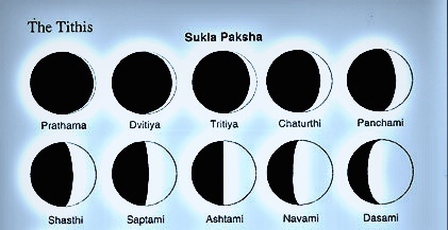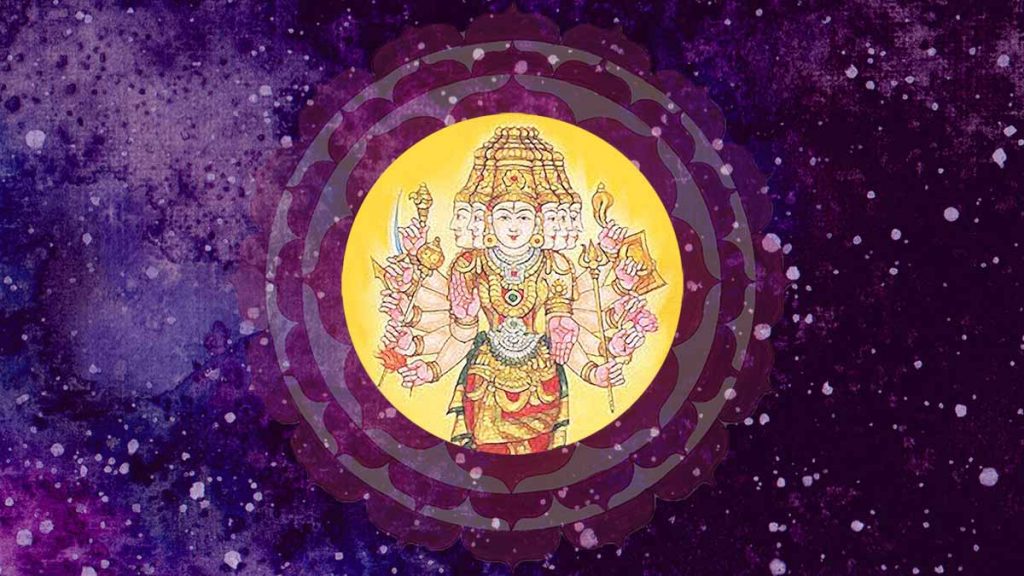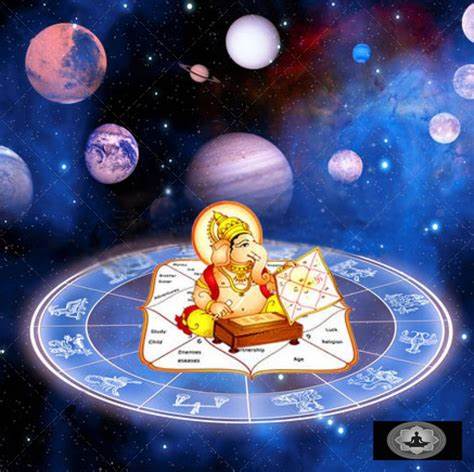Tithi in Hindu astrology has immense significance. In fact, we decide on auspiciuos dates for our celebrations and precious life events on specific good times. What is tithi? To know more about the its various types, it would be good to refer to our panchang. The panchang is a treasure we hold in our hands! That is, it is the Vedic way of calculating time. As we know, time is an essential element in our life. Let is further know their values and roles. Actually, we can better perform our duties to the respective tithi lords by understanding the tithi meaning.
It is nothing but the lunar date. Our Hindu calendar which is the panchang contains vast information needed in our daily life. Its relation to astrology is valuable knowledge for every Hindu. Thus, we determine auspicious and inauspiciuos dates based on the moon’s position.According to Hindu custom, we refer to the panchang to know muhurtam dates or auspicious times. Every ceremony or festival is related to lunar dates. Importantly, it is the time taken by the longitudinal angle between the sun and the moon to increase by twelve degrees Furthermore, a lunar month will have thirty tithis with duration changes.
Know the Auspiciuos Shukla Paksha
Any auspiciuos work is categorised based on specific auspiciuos dates. There are fifteen tithis in the waxing moon and fifteen in the waning moon. The list of astrologically fortunate dates are as follows:

Pratipada: This may be a good tithi for marriage, constructing a new home or relocating, and travelling. Especially during Krishna Paksha’s
Dwitya: You may perform happy celebrations like house warming, marriage, and vastu karma on this tithi. It is a good date to begin music education and government matters. Although, we do not oil during this time.
Tritya: You may perform marriage, official travel and wearing bangles in this tithi. It is a good time for music and shifting your home.
Chaturthi: This time may be good for violent works.You can go ahead with electronic, fire and weapon related work and dealing with enemies.
Panchami: You may celebrate any auspiciuos occasion in this tithi except for lending money. It is advised so, as you may incur a loss due to money lending during this time
Shashthi: It is a great time for meeting friends, coronations and merriments. Shashthi tithi could be a great time for moving into a new home.
Saptami: If you wish to move into a new home, deal with official matters this maybe the right time. Most importantly, this is an auspiciuos time for marriage and bride’s homecoming.

Tithis and More…
Ashtami: You may go ahead with war-related works, writing assignments, and
Navami: in this tithi, certain unethical deeds such as gambling, hunting or fighting and building weapons can be done.
Dashmi: You can consider this an auspiciuos time to marry, begin family in a new home, state related dealings as well as travel.
Ekadashi: A good time for fasts, festivals, vastu karmas travel and craft.
Shukla Paksha: This is a tithi during the waxing moon. It is felicitous period for weapons, architecture, constructing home and work related to the nation. Moving to new home, travel and wearing new garments with ornaments are advantageous in this time.
Chaturdashi: This period is suitable for harsh activities like weapons use. It is not a good time for travel.
Dwadashi: This tithi is a promising time for finalising marriage and purchase of cars. However, this is not a good time for relocating or constructing a new home and travel.
Purnmasi: We may conduct festive activities like marriage, tours, deal with or buy ornaments during this tithi.
Amavasya: This tithi is thought of as a good period for mahadan and pitra karma. We may avoid the company of ladies during this time.

Our Moods and Emotions
Vedic astrology lays great stress on time and karma. We believe in conducting our endeavours and plan new beginnings such as home construction, marriage, business inaugurals based on tithis. Have you ever wondered why? We depend on these auspicious dates as they bring about a positive result in our doings. Next important element is our karma. Indirectly, our karma has a role in the time we perform our activities. That is, our karma may eventually lead us to choose a good tithi or an inauspicious tithi for our actions. Thus, we believe the moon has an effect on our mood and emotions. And, this in turn, connects us to a positive or negative outcome in whatever we aim to accomplish.













